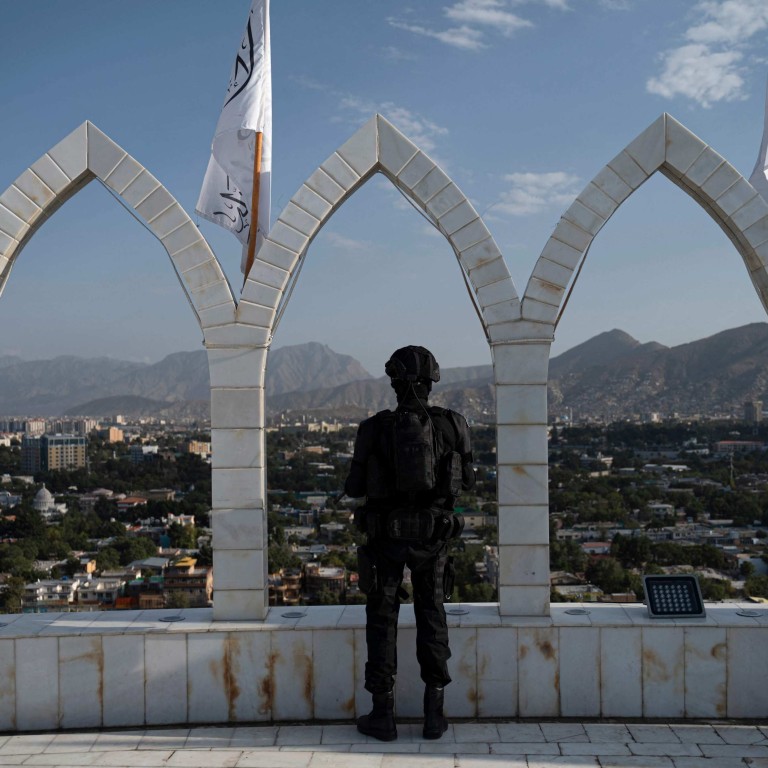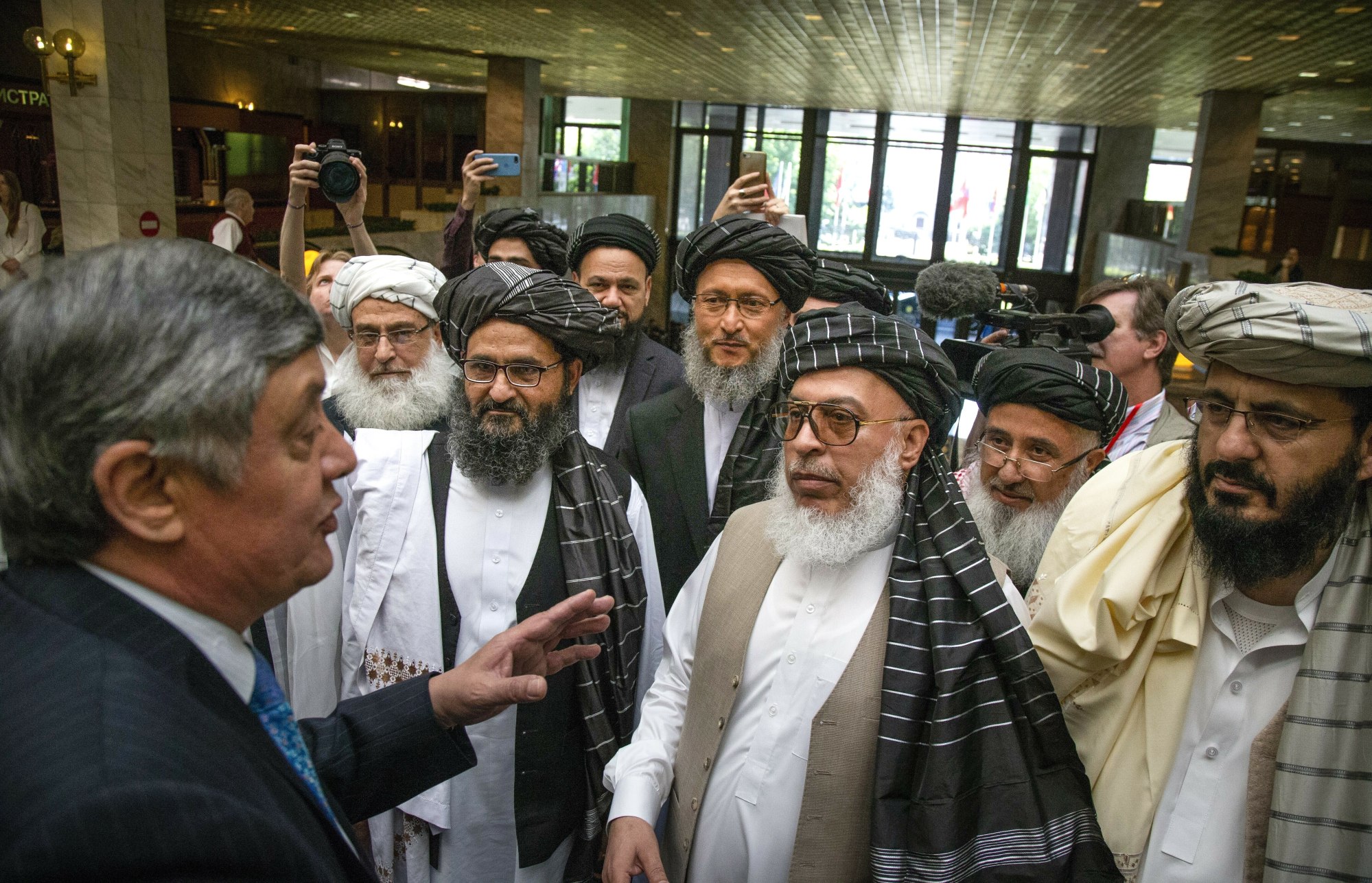
China won’t be filling the void left by the US in Afghanistan any time soon
- Rather than being quick to gain an edge in Afghanistan following the US withdrawal, China, along with Russia and Iran, remains uneasy about security threats coming from the country
- Meanwhile, the Taliban government is frustrated at the lack of economic support being provided by its neighbours
Underpinning this was a general sense of Western decay which “adversary” powers –China, Russia, Iran – would be able to take advantage of. Yet as we have seen ahead of this month’s meetings known as the Moscow format talks, these powers are having as many, if not more, problems with the Taliban government as the West.
The Moscow format is a Russia-initiated group that was established in 2017 to bring together Afghanistan’s neighbours. It includes Russia, China, India, Iran, Pakistan, Kazakhstan, Kyrgyzstan, Tajikistan, Turkmenistan and Uzbekistan.
It is consequently quite a turnaround for Russian coordinator Zamir Kabulov to announce that “the Taliban delegation will not take part [in the meeting], it is only for members of the Moscow format”. The format in his view was to focus on fostering closer cooperation among Afghanistan’s neighbours, while encouraging the Taliban to act on women’s rights and deal with terrorist threats.
Kabulov did not offer any explanation for not inviting the Taliban to the talks. It is not hard, however, to guess why.

The decision is likely linked to a growing frustration among Afghanistan’s neighbours at the Taliban’s seeming inability to deal with the security threats they are all worried about. The ISKP, an affiliate of the Islamic State militant group, has lashed out in its neighbourhood with little evidence of an effective Taliban response.
Why China hesitates to invest in Afghanistan or recognise the Taliban
The irritation goes both ways. The Taliban have also found themselves frustrated by the level of commitment from some of Afghanistan’s neighbours. While Central Asian countries have sought a tight economic embrace to help stabilise the country, China has delivered very little.
Russia has sent delegations of officials to Kabul and hosted Taliban interim Minister of Industry and Commerce Nooruddin Azizi. They have signed agreements about food, oil and aid, but investment has not been forthcoming.
Why Afghanistan’s terrorism problem is bad for China – and Pakistan too
It is not impossible that both China and Russia have sought similar arrangements, but the public optics are noticeably different. Russia failing to invite the Taliban to the Moscow format follows growing irritation in Kabul around the lack of Chinese investment, and growing concern in Iran about terrorist attacks on its territory.
A year and a half on from the US withdrawal from Afghanistan, we have come full circle. The much vaunted vacuum has not been filled by regional “adversary” powers, while the United States has managed to establish a regional foothold which enables it to at least deal with some of its security concerns.
So much for the narratives of China filling the void.
Raffaello Pantucci is a senior associate fellow at the Royal United Services Institute (RUSI) in London and a senior fellow at the S. Rajaratnam School of International Studies (RSIS) in Singapore


